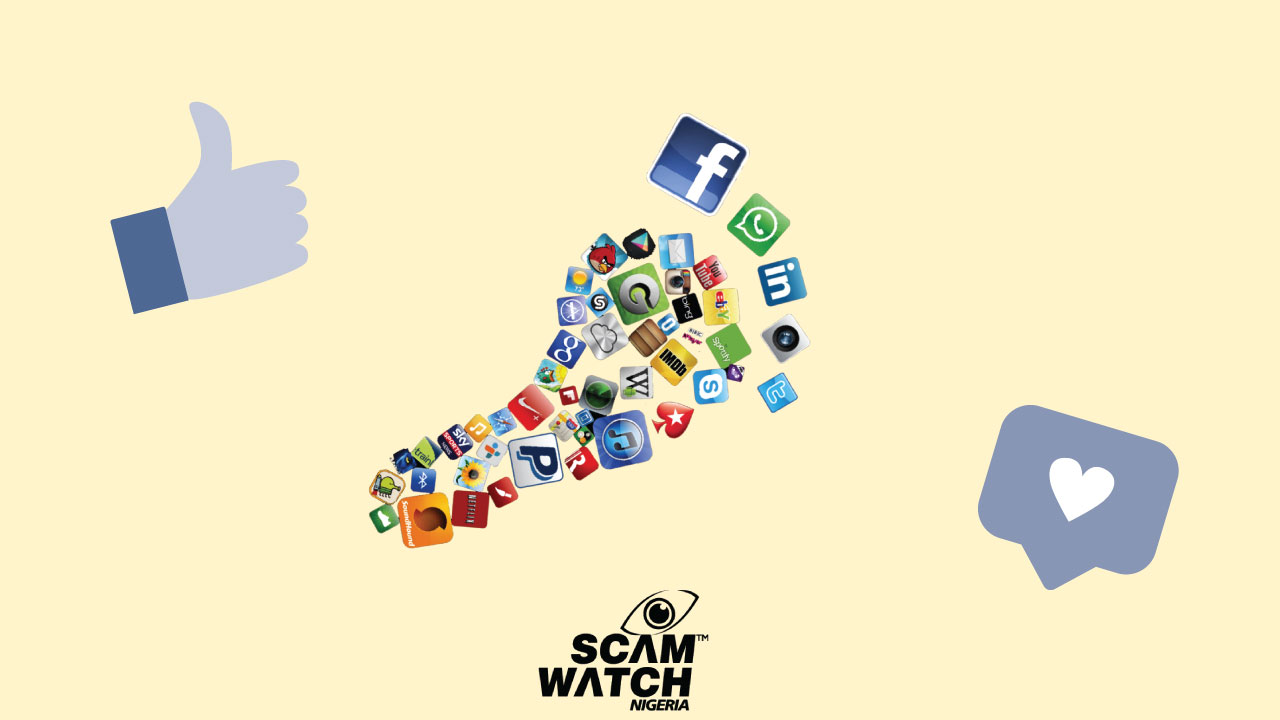
Nine simple steps to make your digital trail more positive
Now that you’ve learned about your digital footprint, you know everything you share and do online is permanent and can either help or hurt your reputation. Are you ready to clean up your online reputation for job interviews, background checks, or school applications? If you’ve made a few mistakes in the past and you need a more positive data trail, you’re in the right place!
While some things (like viral videos and memes) can never be fully scrubbed from the web, most places that host your personal information can be adjusted.
Here are nine tips for a cleaner digital footprint:
- Search your name: Put yourself in the shoes of those who want to learn more about you. Whether they are recruiters, hackers, or vengeful exes, you need to know what they’ll find by simply searching for you. Use multiple search sites, since they can yield different results.
- Scrub your public data: Real estate, e-commerce websites, etc may have more information about you than you might want available to the public. We’re talking about personal information like your phone number, age, and even your home address. Contact those websites and have that information removed.
- Audit your accounts: During your name search, you may have come across old social media accounts, posts with insensitive, outdated jokes, or embarrassing blog posts in which you overshared too much of your personal life. Culture changes and you deserve to change for the better with it. Dig up everything you’ve ever posted and evaluate it with fresh eyes.
- Archive and delete: After evaluating your posts for privacy risks and negative content, it’s time to edit and delete. Close any accounts that aren’t doing any good for your reputation (both now and in the future). Remember, some content can never be fully deleted. Even if you think it’s private, law enforcement and hackers can still dig up things you don’t want to be shared. It’s best to never share negative posts in the first place. The internet never forgets.
- Adjust privacy settings: Review your account settings in your browser and mobile apps. Minimize the exposure of your personal data by limiting what people can see. This includes your photos, posts, location, and personal information, like your address or birthdate.
- Clear your browser history: Even if you believe every website you’ve ever visited has been “safe” for your reputation, it’s a good idea to clear your browsing history regularly. We can easily show you how. Better internet privacy prevents history sniffing and helps your browser run faster.
- Clean up your computer: Temporary files, duplicate files, files you thought you trashed, and low-res photos can all slow down your computer and also create a security risk. Follow our guides to clean up your Mac or tidy up your PC to get it running fast again.
- Clean up your phone: The more you use your phone, the more junk it collects. Old text messages, cookies, images, and browser history data take up a lot of storage. If the data doesn’t exist, it can’t be used against you. Plus, your phone performs better. Clean things up every few weeks. Use our guides for help cleaning up your iPhone or revamping your Android phone. With an iPhone, you can even turn off app tracking by going to Settings -> Privacy -> Tracking -> Toggle off "Allow Apps to Request to Track".
-
Be mindful of others: You can create a bad online reputation without writing a single word. Think before you share/repost negative content. When you repost, their words and ideas become yours. Be especially careful with humor around sensitive topics including race, religion, and politics. When you post original photos, remember that some people have different levels of online privacy than you. Ask permission before you tag others online or ask your friends to tag themselves.
Remember, it’s better to be proactive about being positive. Don’t post anything that you don’t want to come back and haunt you in the future. The internet never forgets. Also, keeping your data trail clean isn’t only about your reputation – the junk you allow your devices to collect puts your internet privacy and security at risk.








Add new comment